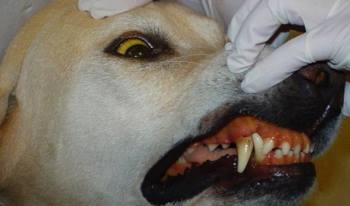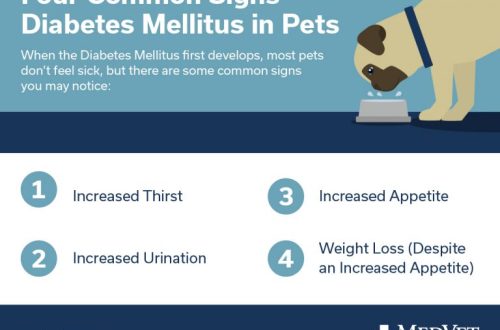
Characteristics of a healthy puppy
Signs of good health
During your visit to the veterinarian, be sure to ask him any questions and raise any concerns regarding your pet’s health. The following information will help you identify puppy health issues that should be discussed with your veterinarian.
What is considered normal
- Eyes: Should be bright and clear. Report any eye discharge to your veterinarian.
- Ears: Should be clean, free of discharge, odor or redness. If left untreated, ear problems can lead to pain and deafness.
- Nose: Must be clean with no discharge or skin lesions.
- Mouth: The smell should be fresh. Gums are pink. There should be no tartar or plaque on the teeth. There should be no ulcers and growths in the mouth and on the lips.
- Wool: Should be clean and shiny.
- The weight: Active playful puppies are rarely overweight. Consult your veterinarian for nutritional advice to maintain your dog’s optimal weight.
- Bladder / intestines: Report changes in the frequency of urination or bowel movements and the consistency of your puppy’s urine or stool to your veterinarian immediately.
What is considered abnormal
- Diarrhea: This common disease can be caused by many different factors, including bacteria, viruses, internal parasites, toxic substances, overeating, or psychological disorders. Call your veterinarian if there is blood in the stool, if the stool is excessively large and watery, if your pet’s stomach is collapsed or swollen, or if the diarrhea continues for more than 24 hours.
- Constipation: Like diarrhea, constipation can be caused by many different things, including ingestion of objects such as hair, bones, or foreign bodies, illness, or insufficient fluid intake. Your veterinarian may recommend blood tests, x-rays, or other tests to diagnose the cause of the disease.
- Vomit: Pets can vomit from time to time, but frequent or persistent vomiting is not normal. Contact your veterinarian if vomiting occurs more than five times within a few hours, is very profuse, contains blood, is accompanied by diarrhea or abdominal pain.
- Urinary disorders: Difficulty urinating or urine with blood may indicate a disease-causing urinary tract infection. Contact your veterinarian immediately.





